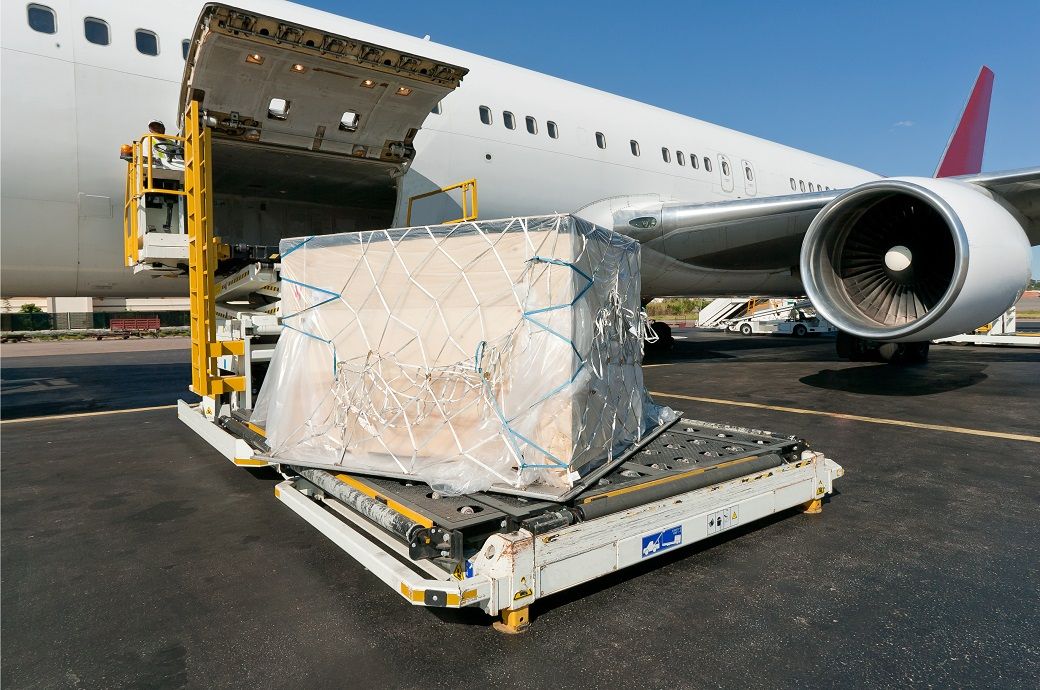
Shipments dispatched before August 27 will only face the 25 per cent reciprocal tariff, provided they arrive at US ports before September 16, 2025. Sources said that air shipments of garments, textiles, and other goods have increased sharply in the past week. Traditionally, garments are exported through cheaper sea routes, which take at least 25–30 days to reach US ports. Exporters fear sea shipments may be delayed beyond September 16, in which case consignments will face the full 50 per cent tariff.
A Noida-based exporter said most consignments are now being routed through the airports of Delhi, Mumbai, Bengaluru, and Ahmedabad. He emphasised that air freight infrastructure is crucial for the timely dispatch of these goods.
Exporters remain anxious as no resolution has been found for the deadlock between the two nations. US President Donald Trump has said he will not roll back the additional 25 per cent tariff until a peaceful solution is reached in the Russia–Ukraine war. Meanwhile, Indian Prime Minister Narendra Modi has reiterated his commitment to protecting the interests of small-scale industries, small businesses, and farmers. India’s red line and Trump’s rigid stance have worsened the situation.
Exporters fear losing the US market would be a major blow to Indian industry. Beyond business and job losses, the impact would ripple across the entire textile value chain. Industry organisations are urging the government to announce immediate financial support for exporters. So far, no relief measures have been announced, though the government has called a meeting with export and industry bodies on Tuesday. A final decision on support measures may be taken, as the additional 25 per cent tariff has become unavoidable.
ALCHEMPro News Desk (KUL)
Receive daily prices and market insights straight to your inbox. Subscribe to AlchemPro Weekly!